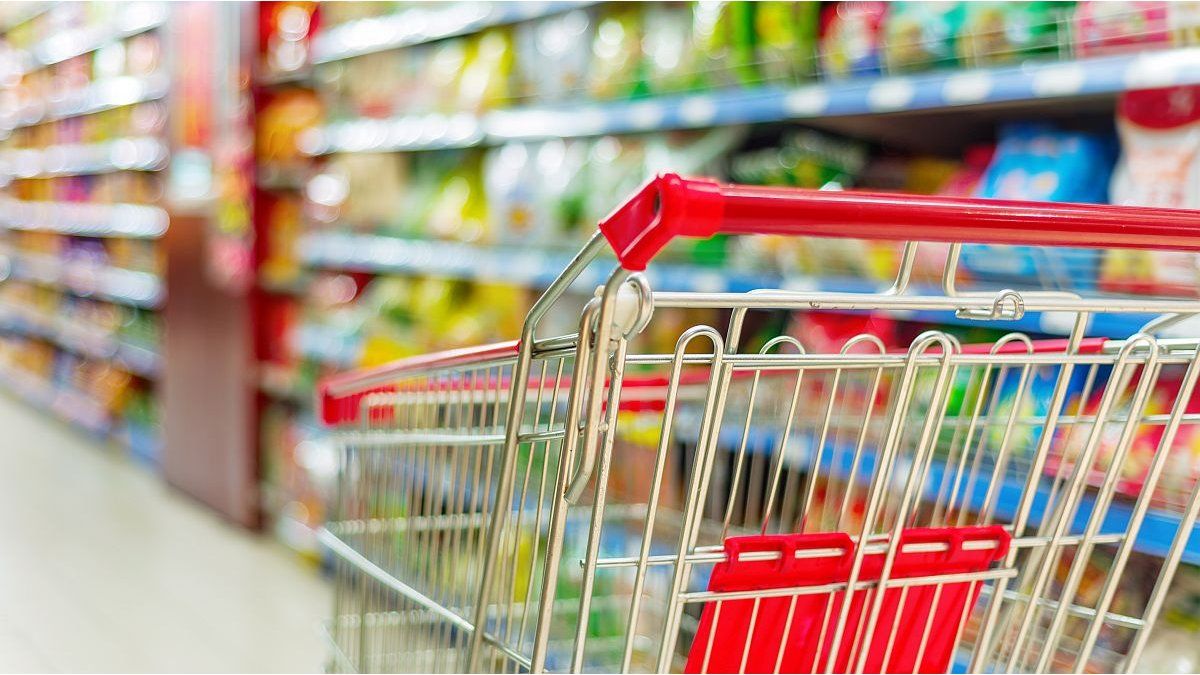This Tuesday the INDEC will announce the February inflation. According to estimates from both the Government and the consulting firms, there will be a slowdown compared to the 20.6% in January and it would be around 15%. However, the first March data turned on certain warning lights and a rebound is not ruled out.
Even the president himself Javier Milei pointed out about: “March is going to be very complicated because it has a very dense seasonality issue, but I do not rule out that in April there will be a sharp drop in inflation.”
In fact, there are several factors that influence it. The first point is the seasonal component, with the return to school and the increases linked to Education. But the increases in different regulated services also have an impact. A third item, which worries the Government, is the increase that was observed in food products. massive consume.
That is why the Ministry of Commerce called on the supermarkets to analyze the situation in the sector and suggest that, instead of offering promotions, they lower prices so that it is reflected in the CPI measured by the INDEC.
Inflation: they foresee a slight “rebound” for March
According to the Market Expectations Survey published by the BCRA, inflation of February would be 15.8%, to drop to 14.3% in March. However, due to the variations in the first week of March, added to different seasonal factors, some private consulting firms questioned whether the CPI would continue on the downward path.
For example, the price index prepared FAITHFUL registered in the first week of March an increase of 5.7%, the largest weekly increase since the beginning of the year. It rose 15% compared to the first week of February and 304.7% in the year-on-year comparison.
“The largest weekly increase corresponds to Regulated (8.5%) as a consequence, mainly, of the increase in prepaid payments,” he clarified.
For its part, since LCG pointed out that the food price survey had a 3.6% weekly increase, accelerating 2.3 pp compared to the previous week. “Average monthly inflation seems to be stabilizing at a still high level. This week it reached 12%, accelerating again compared to the previous week (+0.5 pp). At the same time, the percentage of products with increases remains practically constant at 33% of the total, which means that the total basket adjusts every 3 weeks,” the consultancy explained.
Meanwhile, since C&T They warned about the acceleration in food prices in the last days of February. A dynamic that, “together with the rise in electricity in the middle of the month, leaves a statistical drag of about 3% for Marcha month in which education adjustments will have a significant weight and to which an increase in gas can be added.”
Fruits Vegetables Prices Inflation
Mariano Fuchila
March, an “obstacle” to the slowdown in inflation
According to the latest report from the consulting firm Equilibra, “March is the first obstacle to the gradual and continuous deceleration of monthly inflation, since there are specific and seasonal factors that tend to push inflation upwards in the third month of the year (Education, Week Santa and Clothing)”.
“In March, core inflation would stabilize around February levels (13%), since the increase in costs will be around those figures (salary increases around 15%, increase in the official exchange rate of 2% and a strong rise of the cost of electricity for businesses and industry)”, they highlighted.
In this scenario, the consulting firm concluded: “Assuming that in March the increase in most prices is around 13%, specific factors (Education and Easter), Seasonal (driven by clothing) and Regulated factors could add 1.8 pp. additional, bringing the increase in the General Level to around 15%.” For February, the firm’s estimate is 14.8%.
The different increases in services and regulated services, such as electricity and fuel, were transferred to the different items of mass consumption. This is how Damián Di Pace, director of the consulting firm Focus Market, explained it: “The Government is concerned that despite the drop in consumption, prices accelerate again in the first week of March. The concern is because There are unit prices that have promotions, “Offers or discounts that vary the real price that the customer pays but that appear at a higher price on the gondola.”
“Although the exchange rate remains stable, there are prices that are corrected such as fuel, tolls, electricity, gas that impact industry and commerce,” highlighted Di Pace, who concluded: “The loss of purchasing power of Argentine income It continues to be the order of the day. Although in February the prices of mass consumption goods rose to a lower level than they had been registering in the previous month, they are still well above the possibilities of access by Argentines. of the most punished categories are cleaning and personal care items.
Source: Ambito




